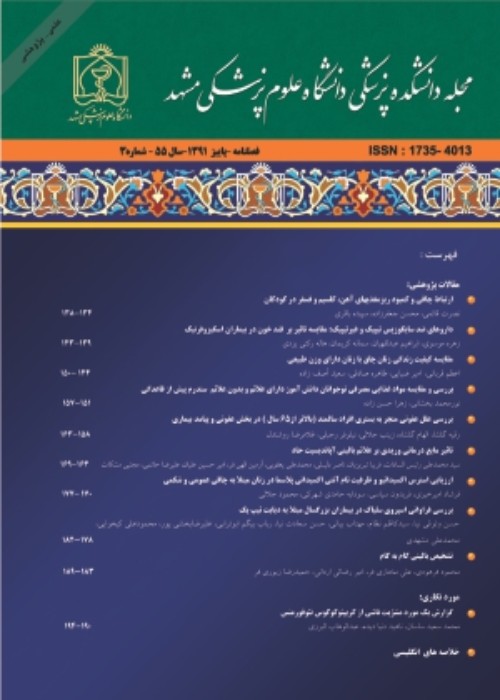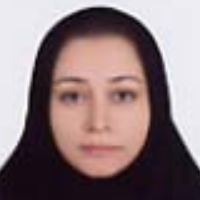Structural model of the relationship between transformational capital, academic achievement and academic well-being, behavioral inhibition mediated by parental psychological control in students volunteering to enter universities
The main purpose of this structural model was the relationship between transformational capital, educational expectation and academic well-being, behavioral inhibition mediated by parental psychological control in students volunteering to enter universities. The method of the present study is descriptive-correlational.
The statistical population of the present study includes all male and female students volunteering to enter the university in District 1 of Rasht in 1398 in the number of 1560 people. The sample size was 500 people (236 boys and 264 girls). Sampling was done by cluster random sampling. Data collection tools include 7 scales: 1- Skels and Benson (2005) Transformational Capital Questionnaire, 2- Sonnes et al.'s (2010) Psychological Control Questionnaire, 3- Date and Lumbar Education Expectancy Scale (1396) 4- Welfare Scale Tominen-Sweeney et al. (2012). 5 - Behavioral Inhibition Scale includes Adult Scale (2005), used to analyze data obtained from Kolmogorov-Smirnov tests, factor analysis test and structural equation modeling Has been.
Findings showed that there is a relationship between transformational capitals with mediation of parental psychological control through behavioral inhibition, between transformational capitals with mediation of parental psychological control through academic well-being (P <0.01). There is also a relationship between education expectation mediated by parental psychological control through behavioral inhibition, and between education expectation mediated by parental psychological control through academic well-being. (01/0> P).
In a general conclusion, it can be said that since the two variables of academic hope and academic well-being - as the first effective variables - affect both the objective and subjective dimensions of academic achievement, they can be considered as the most important factors in the process. Academic counseling should be considered. Therefore, creating and strengthening a positive academic self-concept in students by providing positive feedback and verbal reinforcements; it is also suggested to increase academic skills through methods of increasing concentration, study and learning methods, overcoming entrance exam anxiety with different behavioral and cognitive methods.
- حق عضویت دریافتی صرف حمایت از نشریات عضو و نگهداری، تکمیل و توسعه مگیران میشود.
- پرداخت حق اشتراک و دانلود مقالات اجازه بازنشر آن در سایر رسانههای چاپی و دیجیتال را به کاربر نمیدهد.




